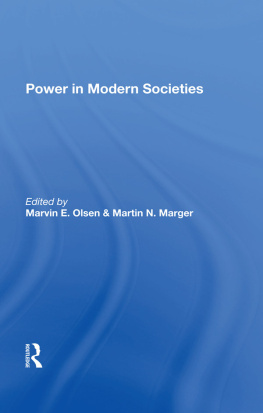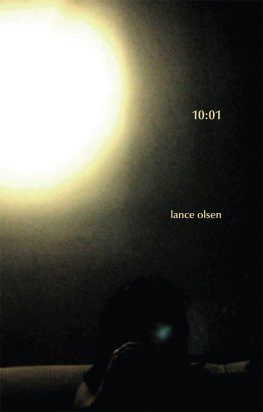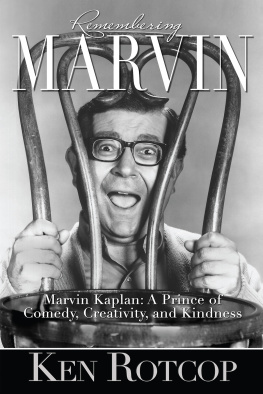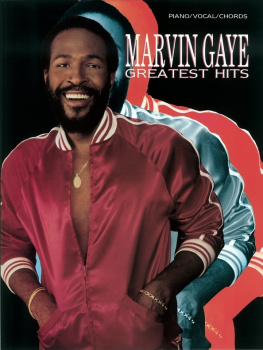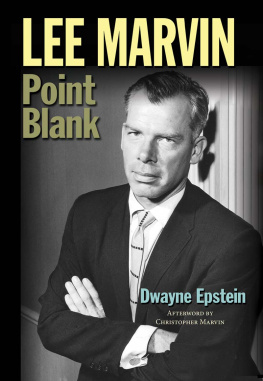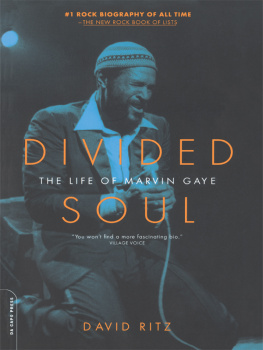Viewing the World Ecologically
Viewing the World Ecologically
Marvin E. Olsen,
Dora G. Lodwick,
and Riley E. Dunlap
First published 1992 by Westview Press
Published 2018 by Routledge
52 Vanderbilt Avenue, New York, NY 10017
2 Park Square, Milton Park, Abingdon, Oxon OX14 4RN
Routledge is an imprint of the Taylor & Francis Group, an informa business
Copyright 1992 by Taylor & Francis
All rights reserved. No part of this book may be reprinted or reproduced or utilised in any form or by any electronic, mechanical, or other means, now known or hereafter invented, including photocopying and recording, or in any information storage or retrieval system, without permission in writing from the publishers.
Notice:
Product or corporate names may be trademarks or registered trademarks, and are used only for identification and explanation without intent to infringe.
Library of Congress Cataloging-in-Publication Data
Olsen, Marvin Elliot.
Viewing the world ecologically / by Marvin E. Olsen, Dora G.
Lodwick, and Riley E. Dunlap.
p. cm.
Includes bibliographical references and index.
ISBN 0-8133-8298-X
1. Human ecologyUnited States. 2. Environmental policyUnited
States. I. Lodwick, Dora G. II. Dunlap, Riley E. III. Title.
GF503.047 1992
304.2'8dc20 90-25267
CIP
ISBN 13: 978-0-367-21296-4 (hbk)
We are what we think.
All that we are arises with our thoughts.
With our thoughts we make the world.
Buddha
It seems quite appropriate that we write this Preface as plans are being made around the United States to celebrate Earth Day. More than any other single event, it was the first Earth Day in 1970 that inaugurated the environmental movement in this country. During the intervening twenty years, the American public has become increasingly aware of environmental problems and resource scarcities, to the point that environmental protection and preservation are no longer controversial public issues. Public opinion studies have repeatedly found that over three-fourths of all Americans are concerned about the environment and think that we should be taking action to deal with environmental problems. The study reported in this book was designed to explore this growing environmental awareness in greater depth than is possible in public opinion polls. It focuses on the emergence in this society of what we call an Ecological Social Paradigm, which appears to be replacing rather rapidly the Technological Social Paradigm that has dominated American culture throughout most of the twentieth century. The two key terms in this concept are ecological and paradigm.
Ecology is the study of ways in which organisms-including human beingsrelate to the natural environment. It is, essentially, a broad scientific perspective on the ways in which the environment sustains life. We use the term ecology rather than environmentalism in this study for two reasons. First, it emphasizes the fact that the relationship between human societies and the natural environment is much more fundamental and encompassing than immediate environmental problems such as air pollution or toxic wastes. Second, it connotes a level of intellectual sophistication about the inescapable dynamics of ecosystems that we think the public is gradually beginning to comprehend.
A social paradigm is a mental lens through which people view the world and that enables them to understand what they see. It consists of an interwoven set of cultural beliefs and values that define what is and what should be in social life. As part of the culture or a subculture of the society, a social paradigm is usually shared by a considerable number of people who constitute what we call a communicative community. This is not a community in the geographical sense, but rather a set of people who share a common set of concerns and communicate with one another in various ways about those concerns. The communicative community within the United States that is concerned about environmental and ecological issues appears to be rather extensive at the present time, and is expanding quite rapidly.
This book is addressed to four different audiences, each of whom we hope will find something worthwhile in it. Most directly, it reports to environmentally oriented social scientists the results of a survey that attempted to determine the extent to which the Ecological Social Paradigm is held by the public, the scope of that orientation, several factors that may be causing the shift from a technological to an ecological orientation, and the most appropriate analytical model for describing that change. At the same time, we have also addressed the book to public officials who are engaged in developing policies and programs to deal with environmental issues and to members of the general public who are concerned about those issues in one way or another. Finally, the book presents theoretical arguments about the usefulness of the paradigm concept and the importance of cultural beliefs that are applicable to the work of all sociologists.
Although many people have contributed to the creation of this book, we particularly want to acknowledge our intellectual indebtedness to William R. Catton, Jr. Our thinking about ecological conditions has been strongly influenced by his detailed analyses of overshoot and other ecological processes as well as by his collaboration with Riley Dunlap on a series of articles that delineated the field of environmental sociology.
We want to dedicate this book to all of the countless people throughout the United States who are contributing their time and efforts to ensure that future Earth Days are as successful in promoting the cause of ecological awareness as was Earth Day 1970 in initiating the environmental movement.
Marvin E. Olsen
Dora G. Lodwick
Riley E. Dunlap
A New Worldview
The world is changing rapidly, but our understanding of these changes, and hence our ability to cope with them, often lags far behind reality. In the past, this has not mattered greatly, as long as the rate of change in our living conditionstechnological, economic, environmental, social, and politicalremained relatively slow. In those situations, delays in comprehending and responding to emerging trends were not likely to create serious problems in societies. As the rate of change quickens and the scope of change expands to encompass more and more aspects of life, however, it becomes imperative that we be able to comprehend what is happening in the world. To do that, we must open our minds to new ways of viewing and interpreting the human condition in the modern world.
Opening our minds to new ways of viewing and understanding social reality can be a very difficult process, however, since each of us views the world through a firmly entrenched set of mental lenses. These lenses are such a fundamental and familiar part of our perceptual and cognitive abilities that we are usually oblivious to them. We rarely even think about them, let alone question their validity or attempt to change them. Yet without these mental lenses, little of what we observeeither in our personal lives or in the world around uswould make much sense to us. Our mental lenses enable us to integrate our own and others' actions into meaningful patterns, and thus make sense of our shared social experiences.




